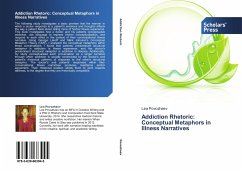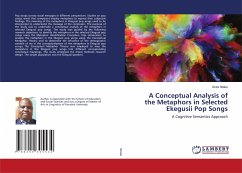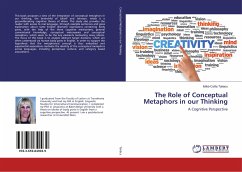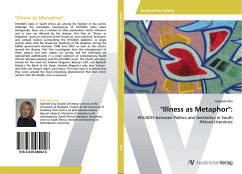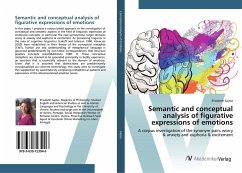The following study investigates a basic premise that the manner in which a doctor responds to a patient's emotions and thoughts affects the way a patient feels about telling more of his/her illness experience. This book investigates how a doctor and his patients conceptualize addiction, use language to express his/her conceptualization, and respond to each other in the context of their conversational illness narrative. Using George Lakoff and Mark Johnson's Conceptual Metaphor Theory (CMT), I analyzed the conceptual metaphors within these conversations. I found that patients' predominant structural metaphor is addiction is illness experience, and the doctor's predominant structural metaphor is addiction is disease. Additionally, my study conceptualized each conversation as a single narrative through which addiction is socially constructed by the doctor's and patient's rhetorical patterns of response to the other's structural metaphor. The doctor's and patients' responses within their conversational illness narratives produces resistance and/or agreement. Their rhetorical position allows them to work towards wellness, to the degree that they are rhetorically compatible.
Bitte wählen Sie Ihr Anliegen aus.
Rechnungen
Retourenschein anfordern
Bestellstatus
Storno

